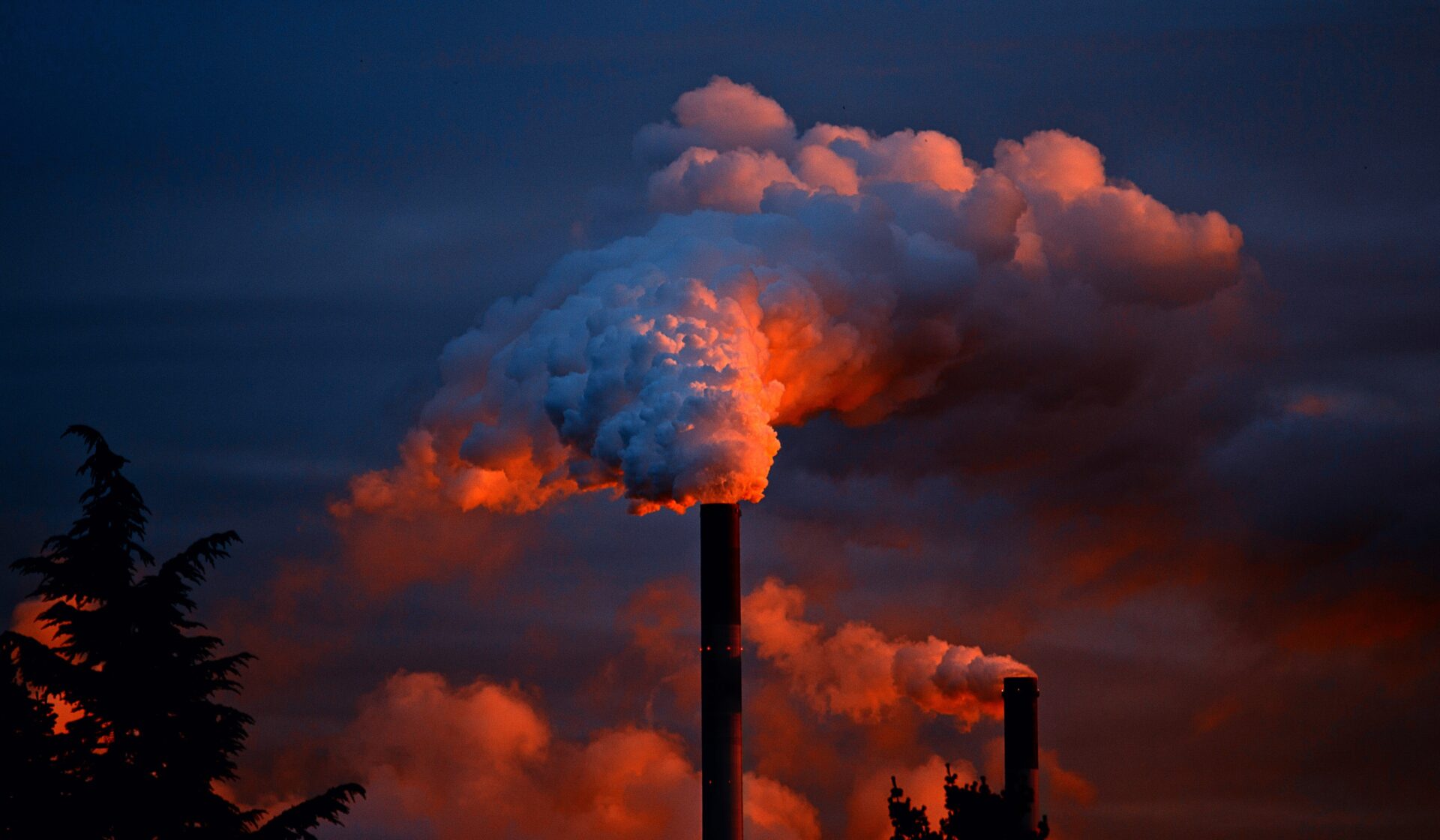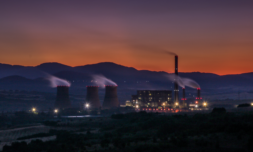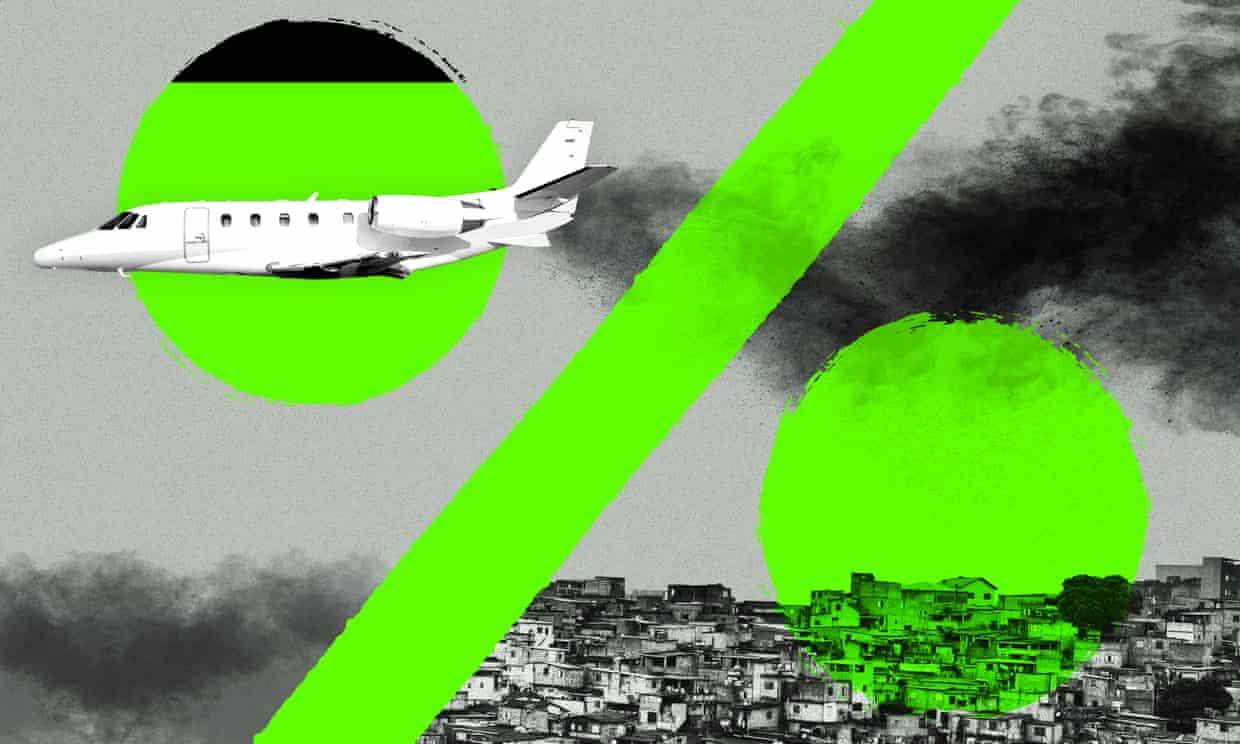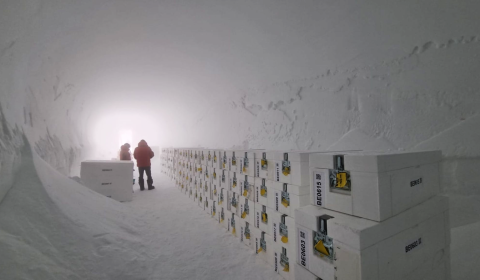According to a recent report on climate inequality conducted by Oxfam, the planet-heating carbon emissions generated by the world’s wealthiest surged to 5.9 billion tonnes in 2019 – enough to cause 1.3 million excess deaths due to extreme heat.
The richest 1% of humanity are responsible for around the same percentage of global carbon emissions as the 5 billion people who represent the 66% poorest, with dire consequences for vulnerable communities and international efforts to tackle the climate crisis.
This is according to a comprehensive new study published by Oxfam earlier this week, which uncovered that the CO2 generated by the world’s wealthiest surged to 5.9 billion tonnes in 2019, enough to cause more than a million excess deaths due to extreme heat.
The report, titled Climate Equality: A Planet for the 99%, used research conducted by the Stockholm Environment Institute to assess the consumption emissions of different income groups.
It highlights the stark gap between the carbon footprints of the uber-rich (whose lifestyles and investments in polluting industries like fossil fuels are driving global heating) and the rest of the world.

Proving that this elite group – made up of 77 million people including billionaires, millionaires, and those paid more than USD $140,000 (£112,500) a year – is disproportionately contributing to the ecological emergency, Oxfam’s findings underscore the urgent need to address the threat this poses to the wellbeing of society at large.
The charity’s analysis notes that personal consumption varies depending on factors such as location, use of renewable energy, and transport, where this affluent minority contribute substantially more due to their persistent use of private jets and yachts.
It also shows that there is vast inequality in how the impacts of the rapidly changing climate are being felt, with marginalised groups such as women and Indigenous Peoples and low-income countries (those who’ve done the least to cause it) who are suffering the worst consequences.
Not only this, but they are by far the least able to respond and recover.





















